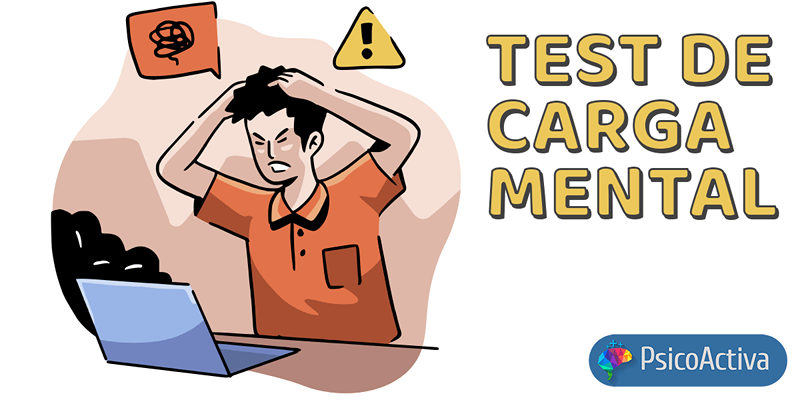Mental charge evaluation test at work

- 2583
- 129
- John Von

In any job, the person must put both physical and mental mechanisms or processes into operation. These mechanisms are those that determine the workload. Although in work reality we will not find purely physical or purely mental jobs, we will separate both concepts to evaluate only the mental charge of work.
We define the mental burden as the psychic effort necessary to carry out a task, including both mental pressure and external factors to said task.
When the demands of work do not adapt to the worker's abilities, and there is an inability or some difficulty of the worker to respond to the task entrusted, we talk about inappropriate workload. It is, therefore, a risk factor that must be controlled.
In recent years, there has been a gradual reduction of physical activity in many jobs, while new positions have appeared in which mental activity predominates, so that The current work requires less and less physical effort and more information treatment, which is a greater mental demand or intellectual, in the face of the physical demands of the most traditional works.
This test evaluates the worker's perception about the characteristics of his job that can influence his mental burden. For this, the subjective workload scale (ESCAM) developed by teachers Dolores Díaz-Cabrera, Gladys Rolo and Estefanía Hernández-Fernaud of the University of La Laguna is used.
This test is very useful for companies for human resources departments to evaluate the degree of satisfaction of workers with their jobs and avoid cases of burnout.
Start of the test
Score test Attention ×You must answer all the test questions
CloseResults Graph
More test repeat test
- « Biodecoding, a controversial look at the origin of diseases
- Biography of Robert Butler (1924-2010) »

